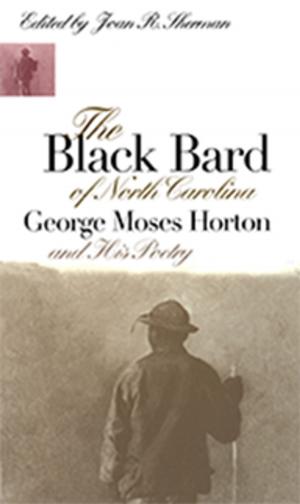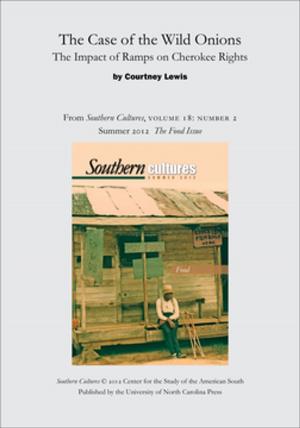Veiled Visions
The 1906 Atlanta Race Riot and the Reshaping of American Race Relations
Nonfiction, Social & Cultural Studies, Social Science, Discrimination & Race Relations, Cultural Studies, African-American Studies, History, Americas, United States| Author: | David Fort Godshalk | ISBN: | 9780807876848 |
| Publisher: | The University of North Carolina Press | Publication: | May 18, 2006 |
| Imprint: | The University of North Carolina Press | Language: | English |
| Author: | David Fort Godshalk |
| ISBN: | 9780807876848 |
| Publisher: | The University of North Carolina Press |
| Publication: | May 18, 2006 |
| Imprint: | The University of North Carolina Press |
| Language: | English |
In 1906 Atlanta, after a summer of inflammatory headlines and accusations of black-on-white sexual assaults, armed white mobs attacked African Americans, resulting in at least twenty-five black fatalities. Atlanta's black residents fought back and repeatedly defended their neighborhoods from white raids. Placing this four-day riot in a broader narrative of twentieth-century race relations in Atlanta, in the South, and in the United States, David Fort Godshalk examines the riot's origins and how memories of this cataclysmic event shaped black and white social and political life for decades to come.
Nationally, the riot radicalized many civil rights leaders, encouraging W. E. B. Du Bois's confrontationist stance and diminishing the accommodationist voice of Booker T. Washington. In Atlanta, fears of continued disorder prompted white civic leaders to seek dialogue with black elites, establishing a rare biracial tradition that convinced mainstream northern whites that racial reconciliation was possible in the South without national intervention. Paired with black fears of renewed violence, however, this interracial cooperation exacerbated black social divisions and repeatedly undermined black social justice movements, leaving the city among the most segregated and socially stratified in the nation. Analyzing the interwoven struggles of men and women, blacks and whites, social outcasts and national powerbrokers, Godshalk illuminates the possibilities and limits of racial understanding and social change in twentieth-century America.
In 1906 Atlanta, after a summer of inflammatory headlines and accusations of black-on-white sexual assaults, armed white mobs attacked African Americans, resulting in at least twenty-five black fatalities. Atlanta's black residents fought back and repeatedly defended their neighborhoods from white raids. Placing this four-day riot in a broader narrative of twentieth-century race relations in Atlanta, in the South, and in the United States, David Fort Godshalk examines the riot's origins and how memories of this cataclysmic event shaped black and white social and political life for decades to come.
Nationally, the riot radicalized many civil rights leaders, encouraging W. E. B. Du Bois's confrontationist stance and diminishing the accommodationist voice of Booker T. Washington. In Atlanta, fears of continued disorder prompted white civic leaders to seek dialogue with black elites, establishing a rare biracial tradition that convinced mainstream northern whites that racial reconciliation was possible in the South without national intervention. Paired with black fears of renewed violence, however, this interracial cooperation exacerbated black social divisions and repeatedly undermined black social justice movements, leaving the city among the most segregated and socially stratified in the nation. Analyzing the interwoven struggles of men and women, blacks and whites, social outcasts and national powerbrokers, Godshalk illuminates the possibilities and limits of racial understanding and social change in twentieth-century America.















